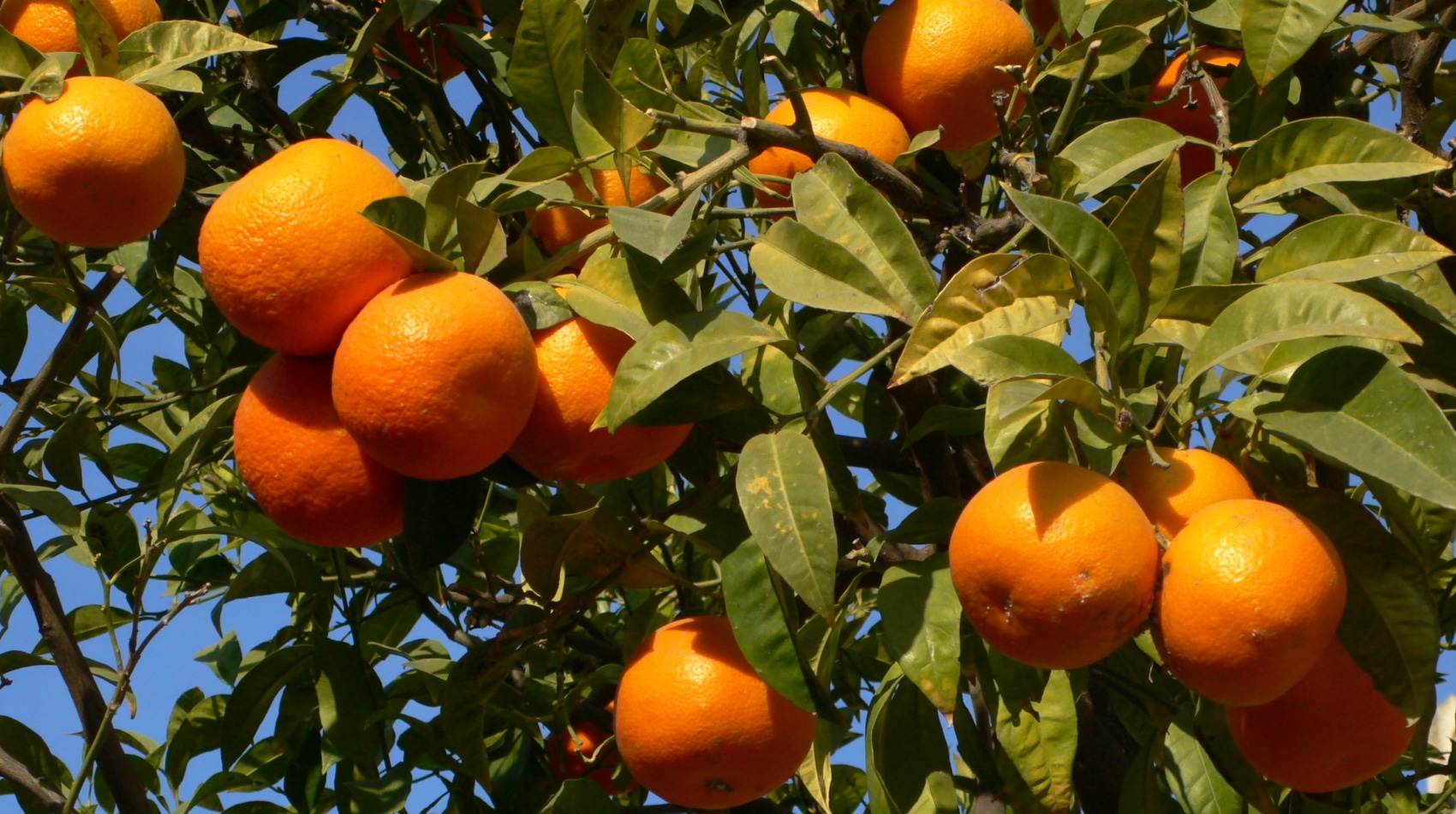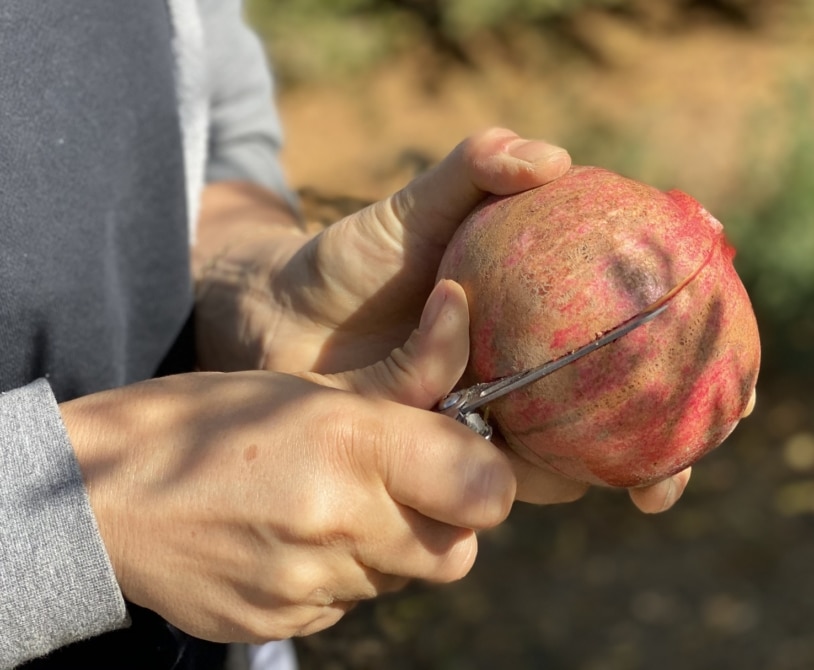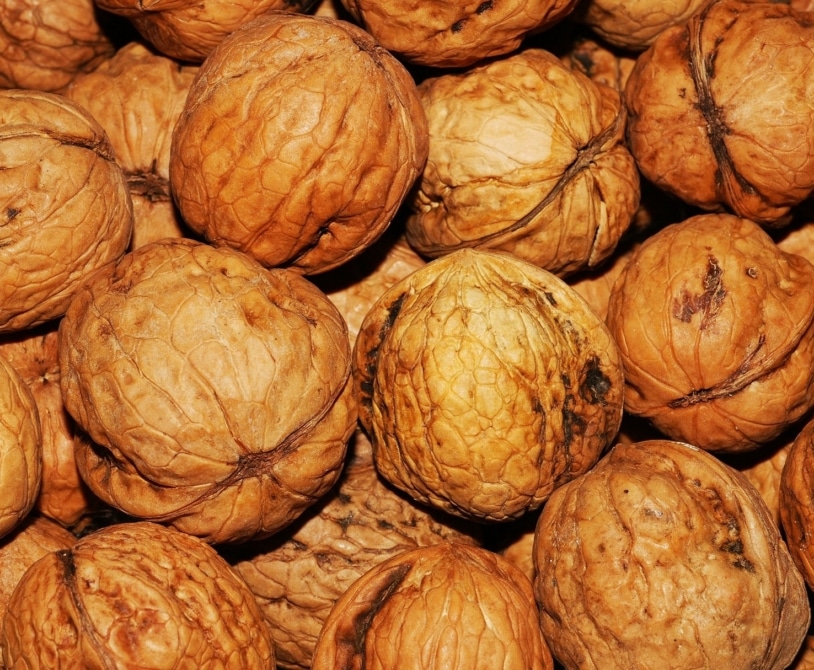
Citrus fruits include oranges, lemons, limes and grapefruits, in addition to tangerines and pomelos. Not only are the citrus fruits in this diverse group delicious and refreshing, they earn their definition of an all-star food because they contain compounds called flavonoids, which may have anticancer properties1.
Citrus flavonoids are also antioxidants that can neutralize free radicals and may protect against heart disease1. Studies show that citrus flavonoids may improve blood flow through coronary arteries, reduce the ability of arteries to form blood clots and prevent the oxidation of LDL (“bad”) cholesterol, which is an initial step in the formation of artery plaques1.
Citrus fruits are also high in vitamin C, and are good sources of folate and thiamin. Vitamin C is a powerful antioxidant and protects the body from damaging free radicals2. It is also required for the synthesis of collagen, which helps wounds heal and helps hold blood vessels, tendons, ligaments and bone together. Folate is necessary for cell division and DNA synthesis. Thiamin is a B vitamin important in metabolism.
Wonderful World of Citrus Fruit
While the orange is a favorite among citrus, there are many other unique varieties of citrus that you may not have heard about. Try something new!
Cara cara orange – a type of navel orange that looks like a regular orange on the outside, but is a distinctive pinkish red on the inside. Cara cara oranges are very sweet and have a tangy hint of cranberries.
Blood orange – smaller than the average orange, the blood orange gets its name from the striking bright red to maroon interior. Blood oranges have an intense orange flavor with a hint of fresh raspberry.
Pomelo – the largest citrus fruit, the pomelo closely resembles the grapefruit. Pomelos have a thick yellow to green skin, with an interior that ranges from white to deep pink. Pomelos taste sweeter and less acidic than grapefruit.
Minneola tangelo – a hybrid between the grapefruit and tangerine, this fruit has a refreshing combination of tart and sweet flavors.
Did you Know?
The vitamin C in citrus fruit strongly enhances the absorption of iron in food. Vitamin C binds to iron in the digestive tract and the iron-vitamin C complex is absorbed together.
Useful Tips
Store citrus fruit at room temperature if you’ll eat it in a week or so; otherwise, it will keep in the crisper for six to eight weeks.
Squirt some lemon juice on fresh cut fruits or fresh guacamole to prevent them from browning quickly.
Enjoy health benefits of citrus fruit with recipes with lemon or orange.
References:
1. Kozlowska A, Szostak-Wegierek D. Flavonoids–food sources and health benefits. Rocz Panstw Zakl Hig. 2014;65(2):79-85.
2. Benzie IF, Choi SW. Antioxidants in food: content, measurement, significance, action, cautions, caveats and research needs. Adv Food Nutr Res. 2014;71:1-53.
Source:




